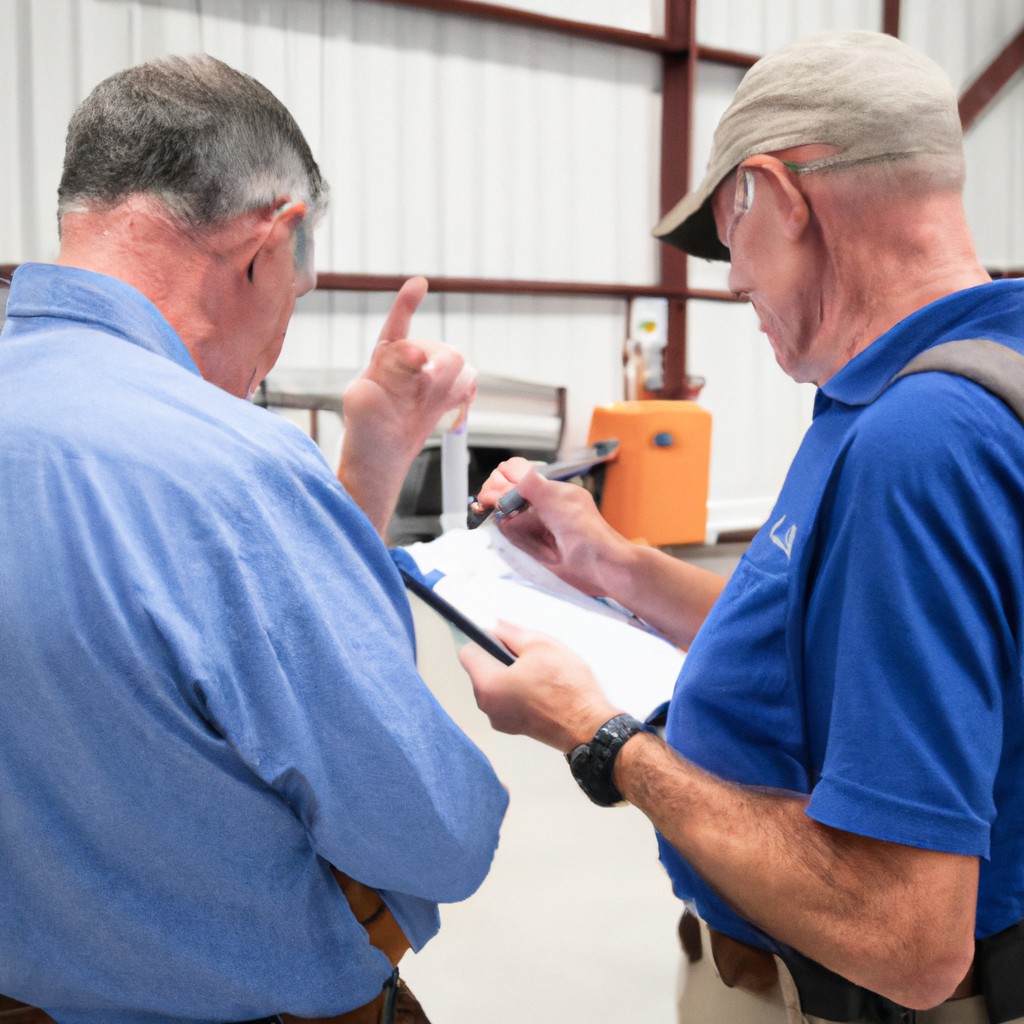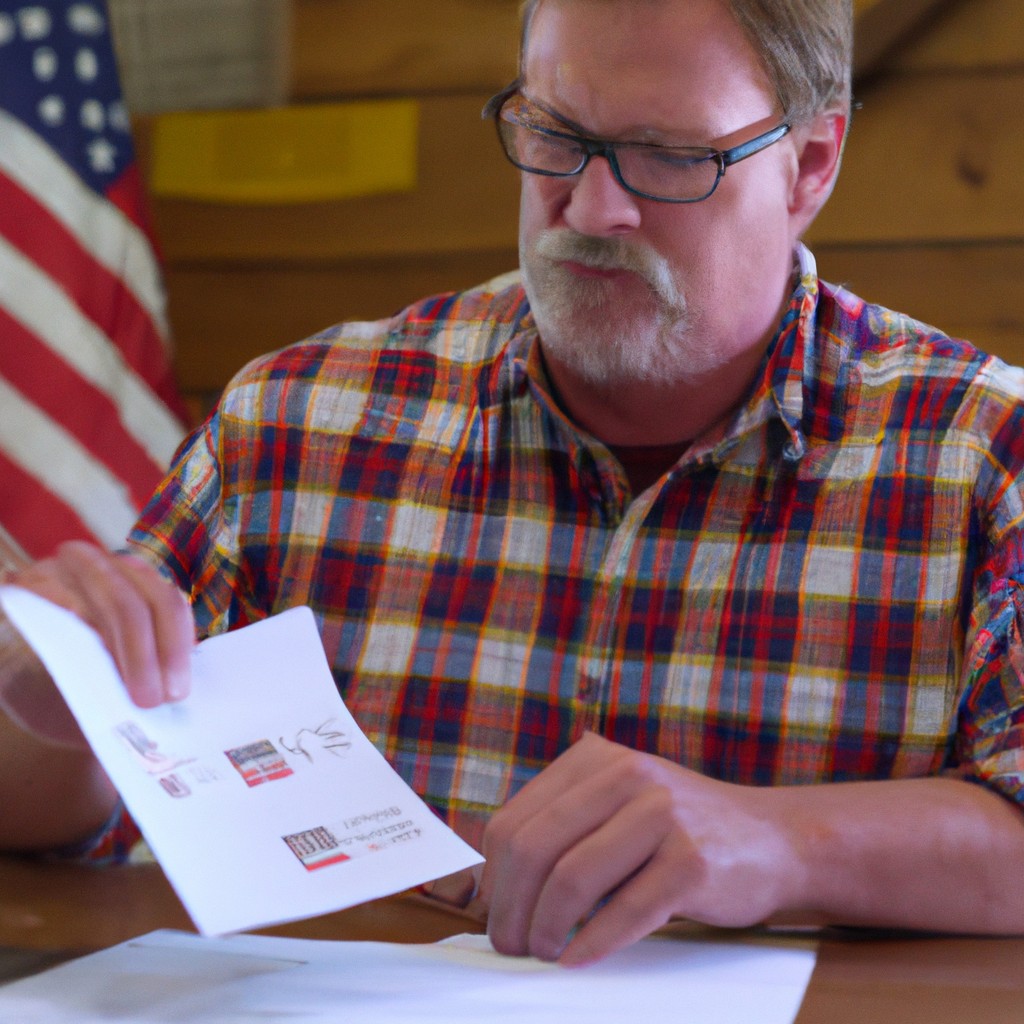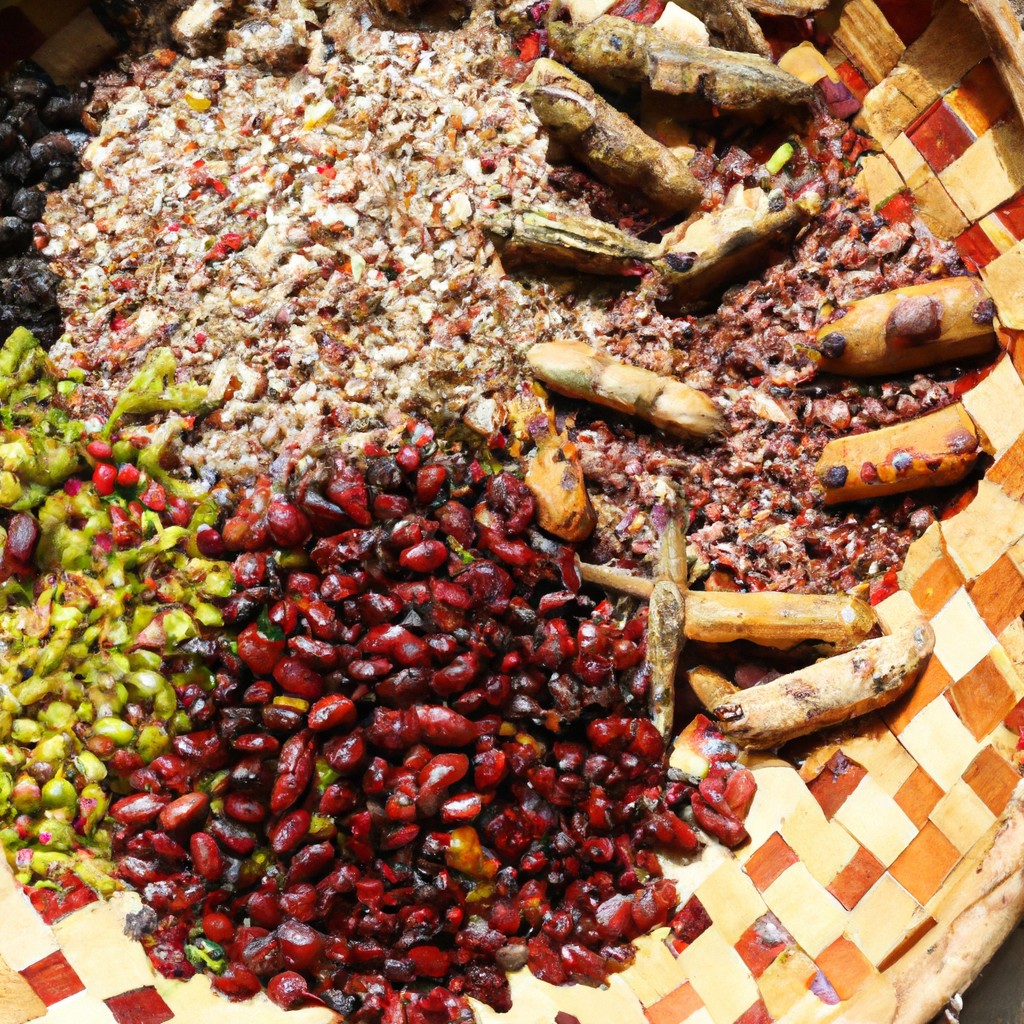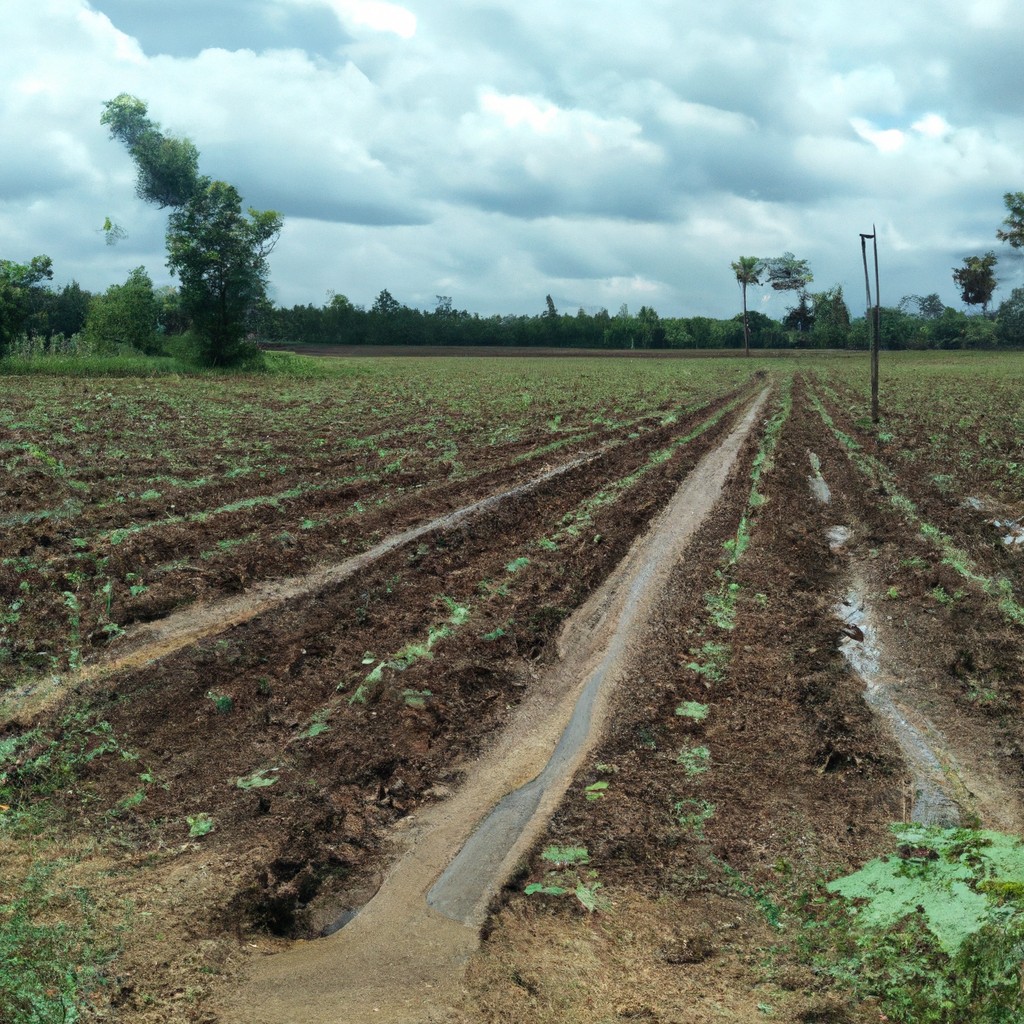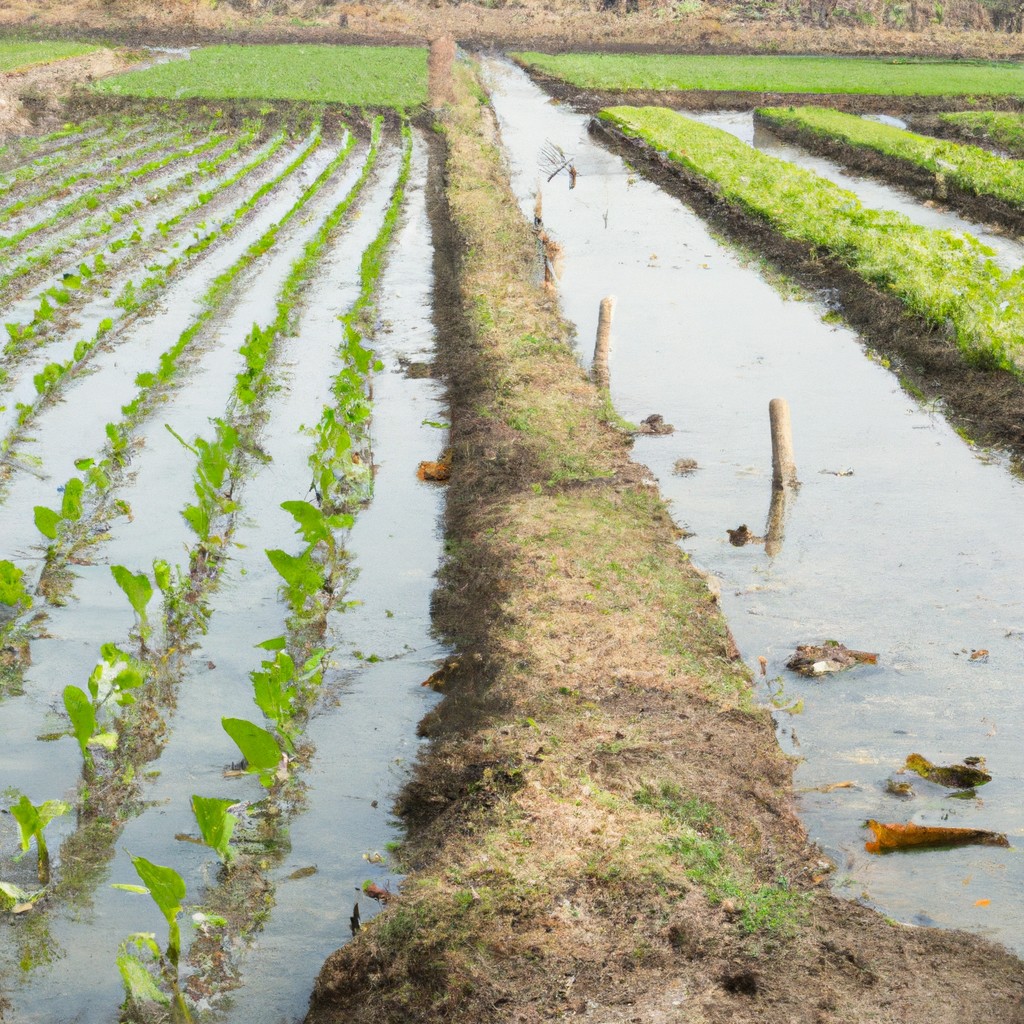A CBP Agriculture Specialist protects the nation’s agriculture by inspecting goods at entry points to prevent pests and diseases.
Look Inside:
Major Duties
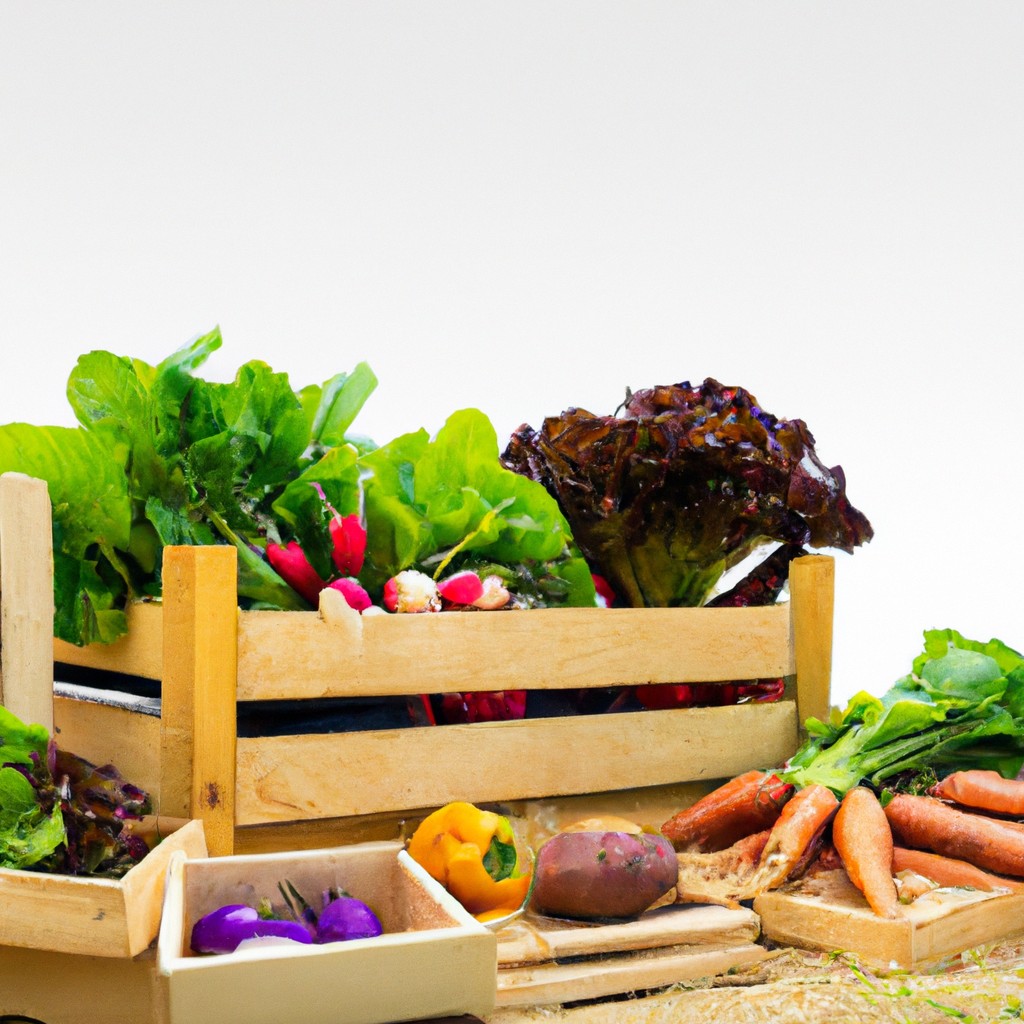
Imagine waking up and having the power to stop alien pests on a daily basis. That’s one of the many superhero-esque duties involved. Here are a few major tasks you might tackle:
Inspect imported goods for harmful pests and diseases. Just call them the Sherlock Holmes of agriculture!
Work closely with other government agencies. Because teamwork makes the dream work, right?
Use technology and scientific tools to detect and analyze potential threats. Not quite Iron Man, but close.
Educate importers and travelers about biosecurity measures. Fancy yourself a teacher, but without the chalk.
Keep meticulous records and prepare reports. Numbers and data can be as exciting as an action thriller, trust me.
Contribute to emergency response efforts when outbreaks occur. No spandex required, but a cape would be cool.
Each day combines a bit of detective work, science, and some pretty nifty gadgets to keep our borders—and our agriculture—safe.
Qualifications
Being an agricultural Sherlock Holmes isn’t for everyone; it’s a role for those with a keen eye and a passion for protecting our borders—and our plants. First up, you need a bachelor’s degree in biological sciences, agriculture, natural resource management, or a related field. Think of it as your ticket to the invasion showdown.
Experience is a big plus. If you’ve ever worked in pest control, plant protection, or any job that makes you stand up against the villainous army of invasive species, that’s golden.
Don’t underestimate the power of good communication skills. Imagine trying to explain to someone why their suitcase full of exotic fruit is a no-go. If you can do that without getting flustered, you’re halfway there.
Physical fitness isn’t just for showing off at reunions—it’s crucial. Walking long distances, standing for hours, and occasional wrestling with a rogue plant? Check.
Lastly, brace yourself for a background check. We’re talking fingerprinting, drug tests, and a thorough look at your record. Better have a clean slate, or at least cleaner than a pesticide-free cornfield!
Pay Range
When it comes to financial compensation, expect a range that reflects both skills and experience. The starting salary is often attractive, enough to make you reconsider your current budget and maybe start buying the organic apples instead of the regular ones.
- A few key factors influence the exact figure:
- Location: Working in a high-cost area? Your paycheck will take that into account.
- Experience: Prior relevant experience can push you up the pay scale. Seasoned pros are always in demand.
- Education: Additional qualifications might just add a few extra digits to your salary.
And don’t forget the benefits package! These roles often come with robust health insurance, retirement plans, and even potential for overtime pay. Think of it as a financial safety net while you safeguard the nation’s borders. Now, who wouldn’t want that kind of job security and perks?
Border Security
Ever wonder who ensures those illicit mangoes don’t infiltrate your salad, or pesky pests don’t invade your backyard garden? Our folks on the frontline have a critical mission. Here is a quick rundown of their key tasks.
First, they inspect incoming cargo and passenger baggage for prohibited items, ensuring no harmful pests or diseases get through.
Second, they work with their sniffing partners—dogs, not colleagues—to detect agricultural threats. It’s like a treasure hunt, but for national security.
Third, they collaborate with other federal and state agencies to enforce quarantine regulations. Think Avengers, but with more paperwork and fewer superpowers. Or capes.
Lastly, they provide educational outreach to the public, spreading knowledge on the do’s and don’ts of agricultural imports. These officers aren’t just guards; they’re also teachers, making sure everyone plays by the rules.
